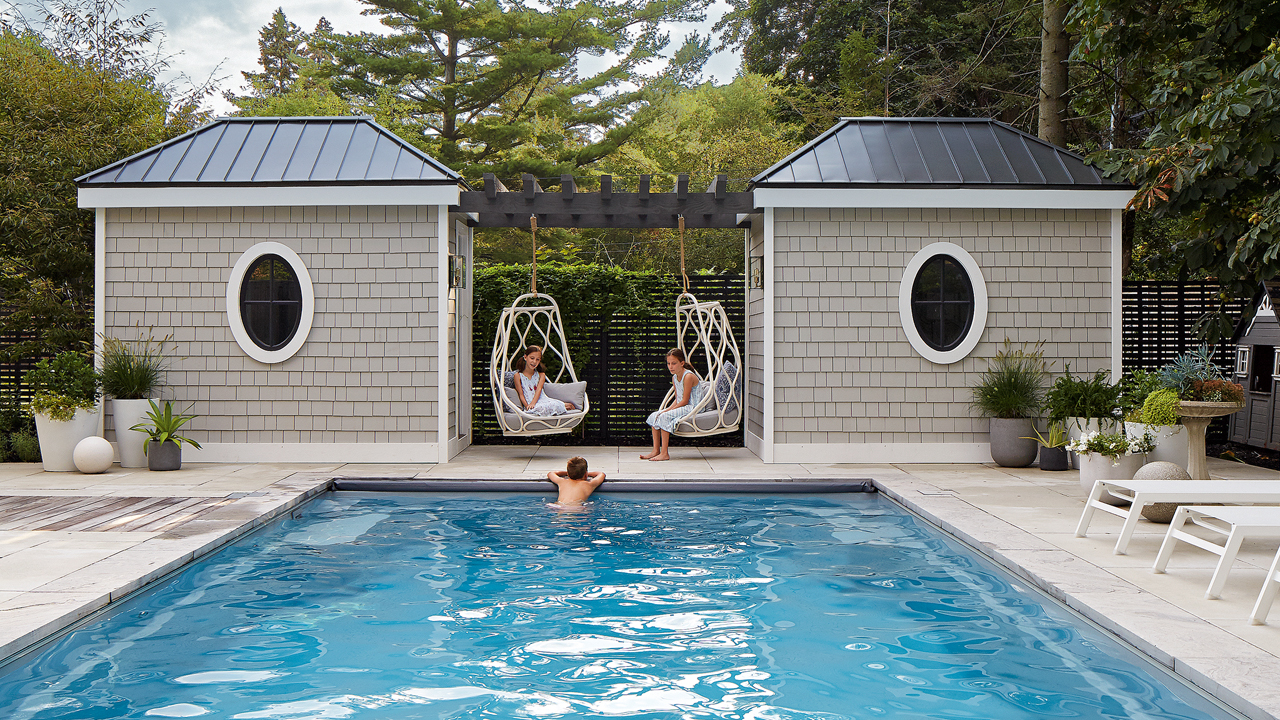
How to Maintain a Saltwater Pool: Essential Guide for Techies?
Share
As the popularity of **saltwater pools** increases, more tech professionals and enthusiasts are diving into the world of pool ownership. Understanding how to maintain a saltwater pool is crucial in keeping your aquatic oasis sparkling clean and inviting. Unlike traditional chlorinated pools, saltwater pools utilize a unique process that can sometimes lead to confusion. In this comprehensive guide, we'll explore everything you need to know about effectively maintaining your saltwater pool.
Saltwater pools operate using a salt chlorine generator that converts salt into chlorine, maintaining sanitization without the strong odor and skin irritation that often accompany traditional chlorine pools. This article aims to educate tech-savvy individuals on the essentials of saltwater pool maintenance, ensuring you enjoy a clean, safe, and enjoyable swimming environment.

Understanding the Basics of Saltwater Pools
Before diving into maintenance tips, it's essential to grasp the fundamentals of how a saltwater pool system functions. Saltwater pools typically contain about 3,000 to 4,000 parts per million (ppm) of salt. This saline solution is processed through the salt chlorine generator, creating free chlorine that disinfects the water. Moreover, the chemical balance in a saltwater pool resembles that of a traditional pool, as both require proper levels of pH, alkalinity, and stabilizer.
Key Components of a Saltwater Pool System
- Salt Chlorine Generator: Converts salt to chlorine, maintaining clean water.
- Filtration System: Essential for capturing debris and maintaining clarity.
- Pool Pump: Circulates water through the filtering system.
- Heating System: Keeps water at a comfortable temperature.
- Cleaning Equipment: Includes robotic, manual, or automatic cleaners.

Essential Maintenance Tips for Optimal Performance
To ensure your saltwater pool functions effectively, follow these maintenance tips:
1. Regular Water Testing
Maintaining the correct chemical balance is vital. Test your pool water at least once a week, utilizing water testing kits or services to measure:
- pH Levels: Should be between 7.2 and 7.8.
- Alkalinity: Between 100 and 150 ppm.
- Chlorine Levels: Aim for 1-3 ppm.
- Salt Levels: Ensure levels are between 3,000 and 4,000 ppm for effective sanitization.
2. Cleaning Your Saltwater Pool
Cleaning your pool regularly prevents algae buildup and maintains water clarity. Consider these cleaning strategies:
- Manual Skimming: Use a net to remove floating debris.
- Brush Walls and Steps: Brush the floor and walls weekly to prevent algae growth.
- Vacuuming: An automatic or manual vacuum can help clean any debris settled on the bottom.
- Filter Maintenance: Clean or replace your filters regularly, depending on the type youre using.
3. Maintaining Pool Equipment
Keep your pool equipment in good condition to ensure optimal performance:
- Check the Salt Chlorine Generator: Inspect for calcium buildup, and ensure it's functioning correctly.
- Inspect the Pump: Monitor water flow and clean the skimmer and pump basket.
- Monitor the Heater: Regularly check the heating system for optimal operation.
4. Seasonal Maintenance
As the seasons change, so do the needs of your saltwater pool. Heres what to focus on:
- Winterization: If you live in colder climates, properly winterize your pool to avoid damage from freezing.
- Spring Cleaning: As you open your pool for the season, give it a thorough cleaning and check chemical levels.
- Summer Care: Increase cleaning frequency and monitor chemical levels for safe swimming conditions.

Common Problems and Solutions
Even with proper maintenance, saltwater pools may encounter issues. Here are some common problems techies can troubleshoot:
Corrosion Issues
Saltwater can lead to corrosion of metal fittings and fixtures. To prevent this:
- Use corrosion-resistant materials for pool installations.
- Maintain proper chloride levels in the water.
Low Chlorine Levels
If your saltwater generator is producing insufficient chlorine:
- Check for proper salt levels.
- Ensure your generator settings are correct.
- Inspect for calcium buildup on the generator plates.
Cloudy Water
Cloudy water can be caused by various factors, including poor filtration, imbalanced chemicals, or debris. To address this issue:
- Improve filtration times.
- Shock the pool with chlorine.
- Regularly clean the pool and filters.

Technological Innovations to Consider
For tech-savvy pool owners, technology can enhance the maintenance experience. Consider the following innovations:
Automated Cleaners
Investing in robotic pool cleaners can significantly reduce manual labor and enhance cleanliness. These devices can operate on their own, optimizing their cleaning paths based on your pools unique shape.
Smart Pool Monitors
Consider implementing smart sensors and systems that provide real-time data on your pool's chemical levels, temperature, and even water clarity. Mobile apps can help keep you informed, making compliance easier and maintenance more effective.
Automated Controls
Utilizing automated control systems allows you to monitor and adjust your pool's settings remotely. This technology provides convenience and peace of mind, especially for busy professionals.
Benefits of Maintaining a Saltwater Pool
Aside from aesthetic pleasure and recreational value, here are some benefits that come with proper maintenance:
- Skin-Friendly: Saltwater pools are gentler on the skin and eyes, making them a popular choice.
- Lower Chemical Costs: Fewer chemicals mean lower overall maintenance costs over time.
- Long-Term Durability: By maintaining proper chemical levels and equipment, you ensure the longevity of your pool system.
Additional Resources
For further insights into pool maintenance and related topics, check out these articles:
FAQ Section
1. How often should I test my saltwater pool water?
Testing your saltwater pool water should be done at least once a week to ensure the chemical levels are balanced.
2. What should I do if my salt level is too low?
If your salt level is too low, you can add granulated salt to the pool until the recommended level is reached.
3. Can I add chlorine to a saltwater pool?
Yes, you can add liquid chlorine to a saltwater pool if additional chlorine is needed, especially after heavy usage or during algae blooms.
As an Amazon Associate, I earn from qualifying purchases.
